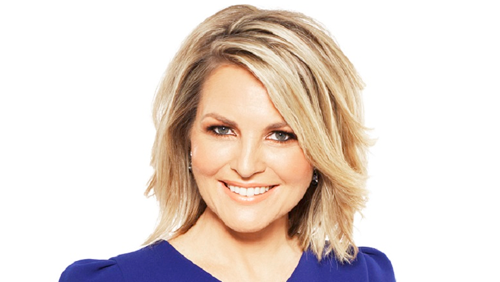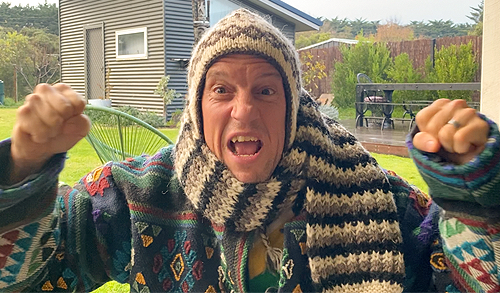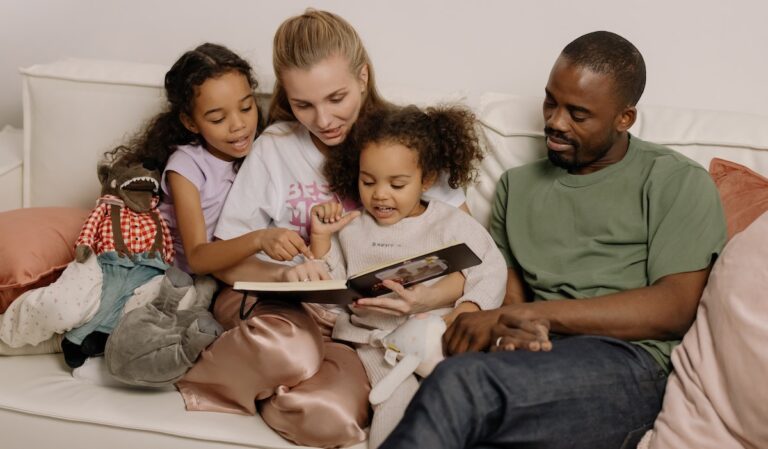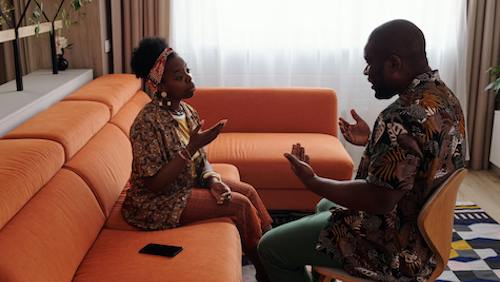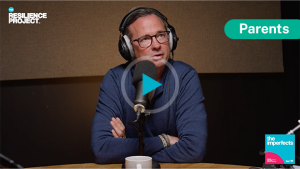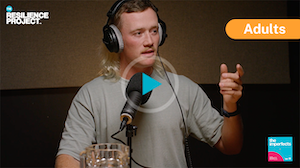For almost 10 years, Australians spent every morning with the witty, elegant, and down-to-earth Georgie Gardner — first as the newsreader for Channel Nine’s Today show and later as co-host with Karl Stefanovic.
While the former role cemented her as one of the country’s most beloved TV personalities, the latter propelled her into a level of fame Georgie never expected — nor sought out.
“The scrutiny is pretty intense and it’s certainly the aspect of the job I loathe the most, apart from the alarm clock,” she laughs.
“Despite putting my mug on television every day, I actually don’t like talking about myself. I like talking to other people about them, I like asking the questions. I don’t want to be the story.”
But the story she has been, on more than one occasion. Whether it was made-up feuds with Karl, unflattering paparazzi photos, or accusations of being unhappy with ratings, Georgie has seen and heard it all.
“There’d be all this stuff written that couldn’t be further from the truth,” she says. “But the reality is, it comes with the territory. And I get that, I knew what I was signing up for. But that intensity of analysis and scrutiny and nastiness has amped up exponentially.”
In this episode of The Imperfects, Georgie shares what it was like growing up “a plain, chubby” child of divorced parents and how it fostered “resilience, empathy and understanding” in her from a young age.
“When you’re a kid, you want to fit in; you don’t want to be different and back then, divorce wasn’t as common,” Georgie says. “But as the years rolled on and more kids would come to school and say, ‘My parents are getting a divorce’, I’d think, ‘Oh, here’s where I can help!’”
This genuine interest in talking to people and hearing their stories is what propelled her into a life of journalism. It has also been her greatest weapon in keeping perspective in moments when being in the spotlight becomes too much.
“I just love talking to people. I talk to strangers all the time, much to my children’s embarrassment,” she laughs. “People are, for the most part, lovely, generous and self deprecating. There’s nothing like speaking to a stranger when you’ve had a really crappy day and having a laugh about something really silly and you realise we’re all dealing with our own crap in our own ways.”
And in lieu of a good chat, Georgie says her biggest tip for getting in a good headspace at the end of a long day is to take a walk (preferably with a four-legged companion) and leaving the phone at home.
“We got a dog a few years ago and I try to make a habit of most afternoons that no matter how I’m feeling, how clement the weather, I’ll put his lead on, put my sneakers on and take him for a walk,” she says.
“I go and find a lovely ideally isolated bush track somewhere that just gets me back in nature. And that absolutely helps to melt away anything that has stressed me out that day, it gives me time to reflect and put things in perspective.
“It gives me the chance to give myself a little hug and say, you know what, you did your best. You might not be happy with how that’s being perceived, or you failed at that or that didn’t go to plan, but don’t be too hard on yourself. Particularly since I took up this hosting role; that’s become a really critical part of my day.”
On dealing with grief
One of the most difficult times in Georgie’s life occurred when she was just 25, with the sudden loss of her dad.
“I felt that very keenly because I felt I lost my day as a child during the divorce and I was just getting to know him again in my 20s,” she says. “So for him to die was just an awful shock.
“We don’t do grief very well in this country. There’s a reason why in some countries, women walk around in black for a year while grieving. It’s so the community around her can factor that in. Whereas we live in a society where it’s like, ‘Oh yeah, well, onwards and upwards’.
“Grief can rear its head years down the track, in the most unexpected ways and times. You can’t schedule it in.”
